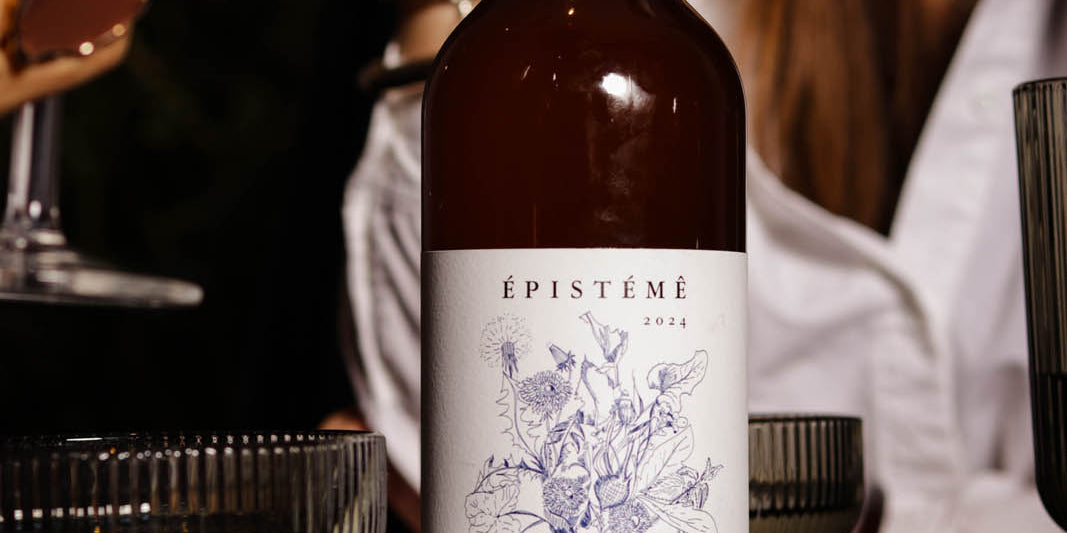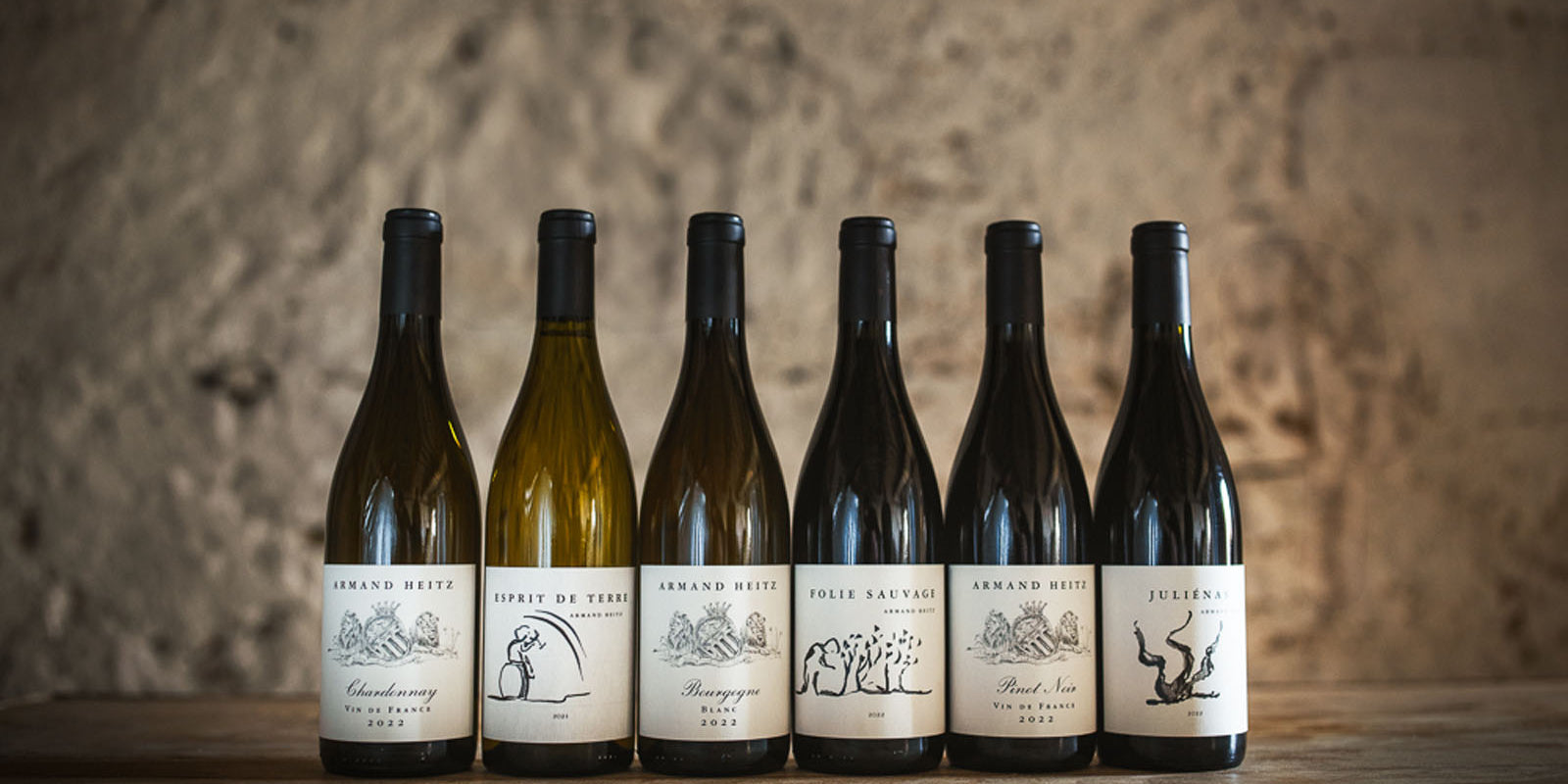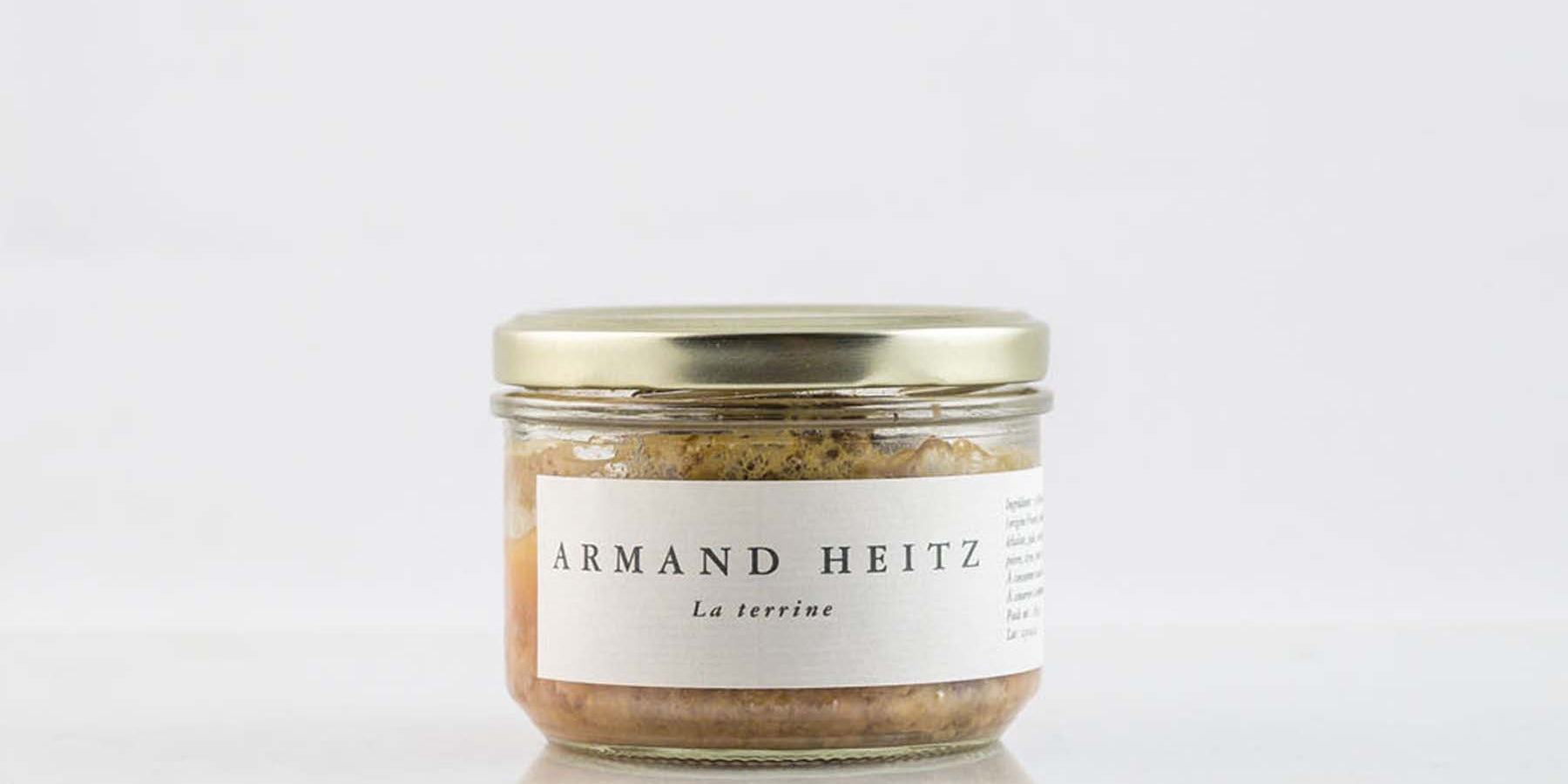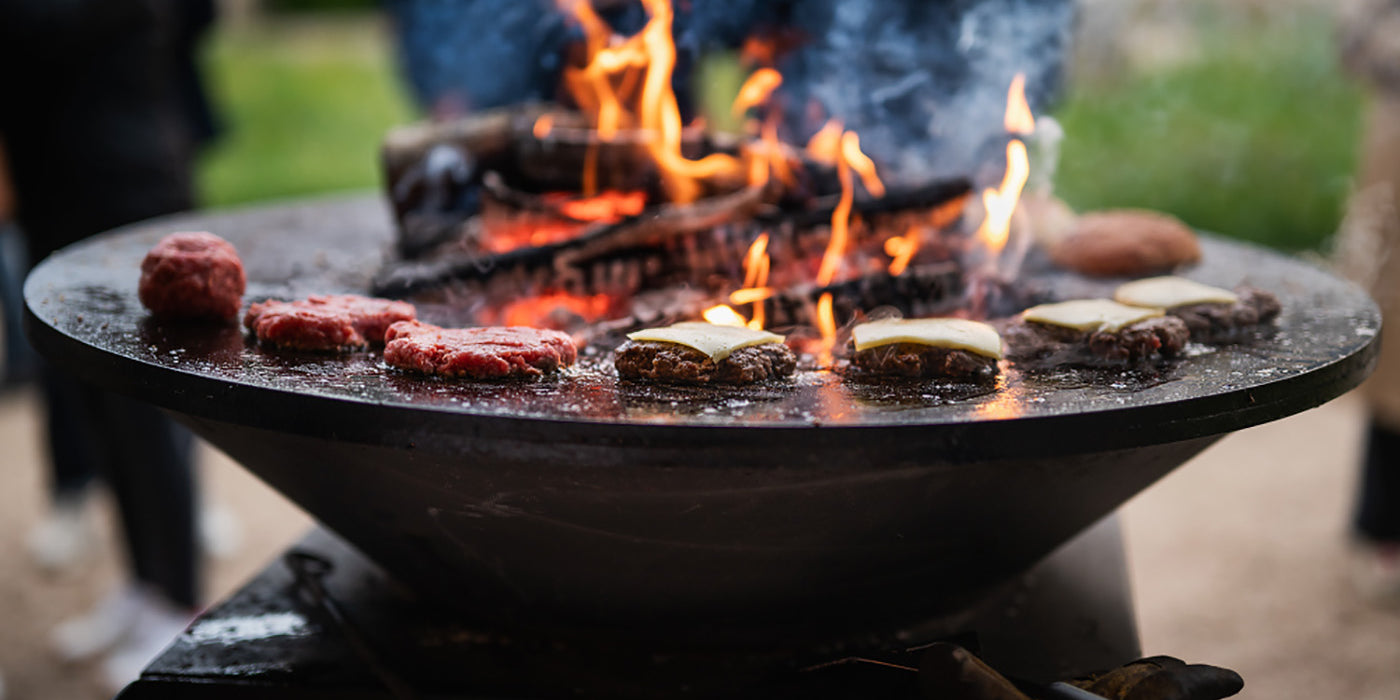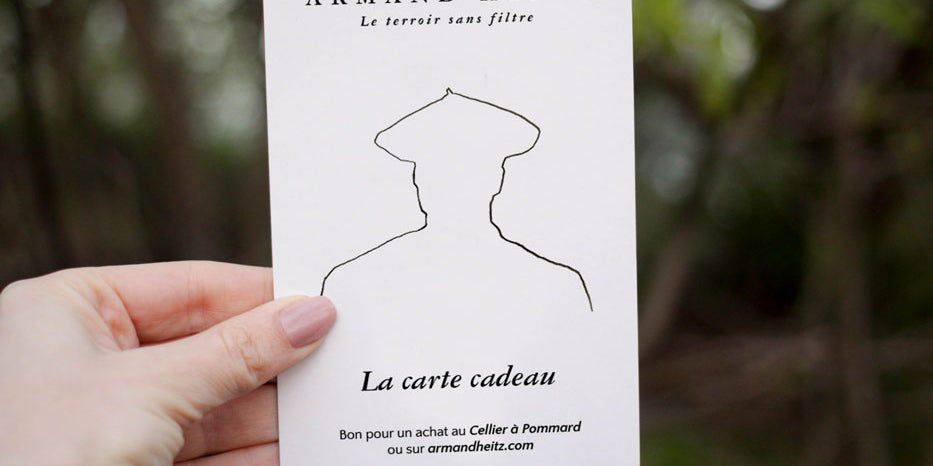Noah, Clinton, Othello: no, today I'm not going to talk to you about tennis, American politics or Shakespeare, but about viticulture. Add to these 3 names Isabelle, Jacquez (or Jacquet) and Herbemont, and here you are with the list of 6 grape varieties prohibited for sale since 1935. A decree of 1956 required the uprooting of the vines. The reason ? They produce wines that drive you crazy and blind. My eye yes!

This health argument was fallacious. It was criticized that the methanol level was too high and could damage the optic nerve. My second eye! Studies have proven that there is less methanol in these wines than in cider and significantly less than in alcohol obtained by distillation. Does it make you crazy like absinthe used to? Gilbert Bischeri, a passionate and activist winemaker, owns a conservatory plot in Gard. He produces 600 bottles each year with 70% Clinton. He has been drinking it every day for 46 vintages. I invite you to chat with him to verify that he is not crazier than you and me.
In 1955 France produced too much wine. The vineyard must be restructured. The fashion is for industrialization and AOCs. The choice was made to reduce peasant production in order not to compete with the policy put in place by the INAO (one of the many organizations that I love so much). Furthermore, after the Second World War, American industry recycled itself by producing pesticides. France contracted a large debt with the United States to finance the war effort. Debt that France will repay by purchasing pesticides from manufacturers across the Atlantic. Result: we operated the business without knowing the damage that the pesticides would cause. Noah, Clinton, Othello, Jacquet, Herbemont and Isabelle are disease resistant, have no dependence on phytosanitary products and produce significant yields. With all the reasons that we have just cited, it seemed obvious that we had to get rid of these 6 grape varieties.

However, a piece of Noah is beautiful. When Matthieu, who assists me in production, showed me photos of his grandfather's field where these branches are located, I was immediately charmed. It is a grape variety resulting from a natural cross between Taylor (Vitis Labrusca x Vitis Riparia) and Vitis Riparia, with very sweet and acidic white grapes. The clusters are very small, airy, numerous, and the grapes fall on their own when ripe. In short, it is difficult to imagine nature expressing itself so fully.
I was very curious to be able to taste a wine made from this grape variety, I had never had the opportunity. A major smear campaign on the taste of these wines took place during the ban. It was particularly a question of “foxy” taste, which many understand as “fox pee”. I invite you to watch the documentary Vitis prohibita and you will discover that this legend was built on a translation error. In reality, foxé does not imply a taste of fox pee at all but rather a slightly wild side. The aromas that can be detected are those of wild strawberries and spices. It's very fun because it's an aromatic palette that I love to find in my wines made from whole harvests.

Beyond taste, the agronomic aspect should encourage institutions to review their copy and wine connoisseurs to look into the injustice that these 6 grape varieties suffer. Viticulture as it is practiced today requires the use of machines and pesticides. Our resistance fighters, Noah, Clinton, Jacquez, Isabelle, Othello and Herbemont were banished for political and economic choices. It is incredible given the ecological crisis we are experiencing that they are not at the center of the debate for sustainable viticulture. Even today, our institutions maintain their ban. These grape varieties are irrefutable historical proof that they prefer to pollute our planet and our health for economic purposes.
Thanks to the Noah grapes harvested by Matthieu on Sunday September 18, 2022, we were able to produce the Noah 2022 vintage . A production of 50 bottles, rarer than Romanée-Conti! In my opinion, the right price for this bottle would be to assess the damage caused to our land and our health by 60 years of viticultural pesticides. I'll let you estimate the cost of the repair. Anyway, I don't have the right to sell it to you. For those who still wish to defend the interests of nature, you can contact us at this email fabrice@armandheitz.com
Armand Heitz
Photos © Jib Peter / Yvette Charret (image of 1956 ban poster) / Gilbert Bischeri (clusters of banned grape varieties from his conservatory plot in Gard)


